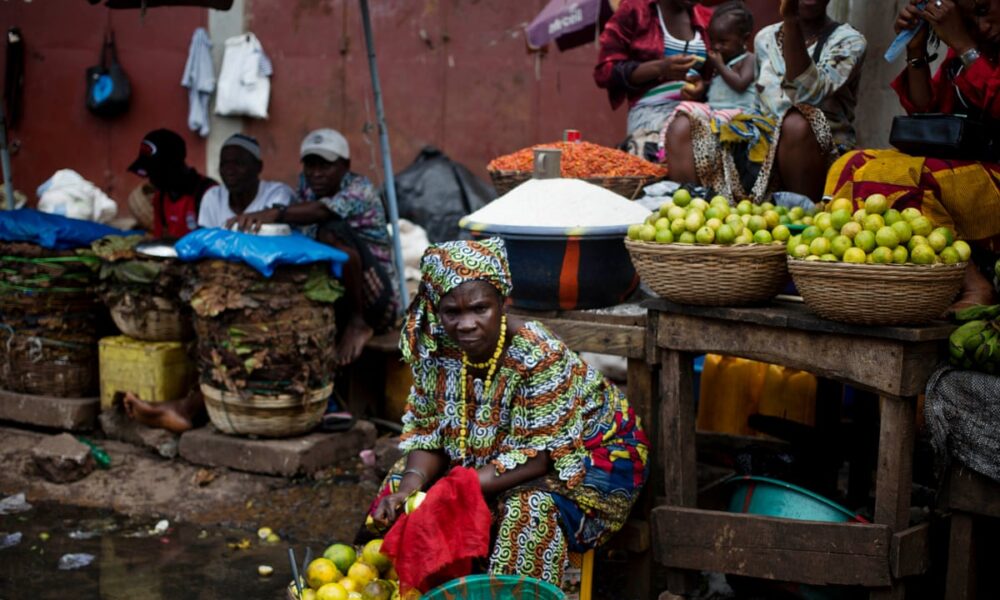The Sierra Leone Association of Micro Finance institution in Sierra Leone (SAMFI) has launched a report titled: “Impact of the Ebola Crisis on the Microfinance Sector” and their website at the Sierra Leone Bank Complex, Kingtom.
The report was done by SLAMFI and Ayani Inclusive Financial Sector Consultant under take the research to assess the impact of the Ebola crisis on the microfinance sector in the country.
The objective of the report is to know how Ebola crisis affect clients business, how client business performance affects the well-being of clients and their households, how clients manage the risk of decline in business income and the possibility of business shutdown and what are the specific impediment for clients to mitigate risk and sustain their business during crisis.
Making a keynote address at the launching ceremony, the Deputy Bank Governor, Dr Ibrahim Stevens, underscored the importance of the report.
He said the objective of the Sierra Leone microeconomic stability is through the implementation of sound fiscal and monetary policies as well as structural policy are achieved.
He noted that the objective of Sierra Leone microeconomic policy 2014 was to ensure microeconomic stability.
He also added that the Ebola outbreak has led to the reduction of Gross Domestic Products (GDP) Growth from 20.1% to 7.1% adding that as a result Sierra Leone’s Economy has been challenged by the deadly virus since May 2014 together with iron ore price in the Global Market.
He called for the need to ensure that pivotal roles are played in providing credit for small-scale business entities which serve as key drivers for economic growth in the country.
Dr Stevens described SLAMFI as reliable partners for promoting Microfinance activities in the country. He added that with such work being done at that level, it creates room for maintaining safe and sound financial system.
He recalled that microfinance institutions are threatened by potential bad loans and that they should not lose sight of the needs for worthy borrowers to access loan, as the bank of Sierra Leone has the responsibility to protect the credibility of the financial systems both bank and non-Bank Financial institution.
In his remarks, the Chairman SLAMFI, David Kamara gave a detailed background of the Association.
He said SLAMFI is a network of Microfinance providers and practitioners who recognized the Microfinance sector’s need for an institutional frame work through which common issues and concerns can be discussed and address.
He recalled that the mission of SLAMFI is to promote the development of professionally and financially sustainable microfinance institutions through coordinated capacity building, dissemination of best practices, promotion of strong partnership with donors investors and other stakeholders and also to provides appropriate quality and variety of product and services that meet the financial need of the economically active low income people of Sierra Leone.
Other speakers who made positive contribution included Joe Abass Bangura from A Call to Business among others.
Making his presentation on the impact of Ebola crisis on the microfinance sector, Lorisa Canillas cited the sharp negative impact of Ebola on the business of many microfinance clients in the country. He said this has led to delay in payment from clients and lower household expenditure particular on food.
He that Ebola crisis has continued restriction of business movement and continuous reduction in trading hours/days as the main impediment for them to sustain their business.



 Post a comment
Post a comment









Comment(s)
Disclaimer: Comments expressed here do not reflect the opinions of Sierraloaded or any employee thereof.
Be the first to comment